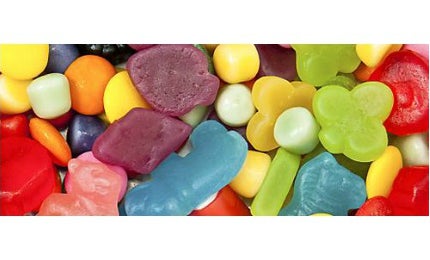
Food additives preserve flavour, enhance taste and appearance, as well as slow spoilage.
There are different types of natural and artificial food additives. Vitamin C, an antioxidant, acts as a preservative by inhibiting the effects of oxygen on food. Starch is a bulking agent that increases the bulk of a food without affecting its taste.
Colour and flavour additives enhance the colour and taste or smell of food respectively. Emulsifiers allow water and oils to remain mixed together in an emulsion such as mayonnaise, ice cream, and homogenised milk.
Preservatives prevent the growth of fungi, bacteria and other micro-organisms in food that would cause spoilage. Stabilisers, thickeners and gelling agents such as agar or pectin used in jam give foods a firmer texture.
Food thickeners are substances that increase viscosity without substantially modifying other food properties.
Malvern’s range of particle size, zeta potential, imaging and rheological instrumentation can be used to study these additives and their interaction with food products.
Malvern’s application knowledge can:
- Characterise particle size and charge of food additives
- Help monitor if additives will interact in a particular food to reduce spoilage or improve taste
- Determine optimal concentrations of food additives
- Improve food additive concentration for desired taste and smell performance, as well as emulsion stabilisation of flavourings and other additives
- Determine particle size and shape characteristics for flow of flour and other dry food
- Understand visco-elastic properties for food processing










